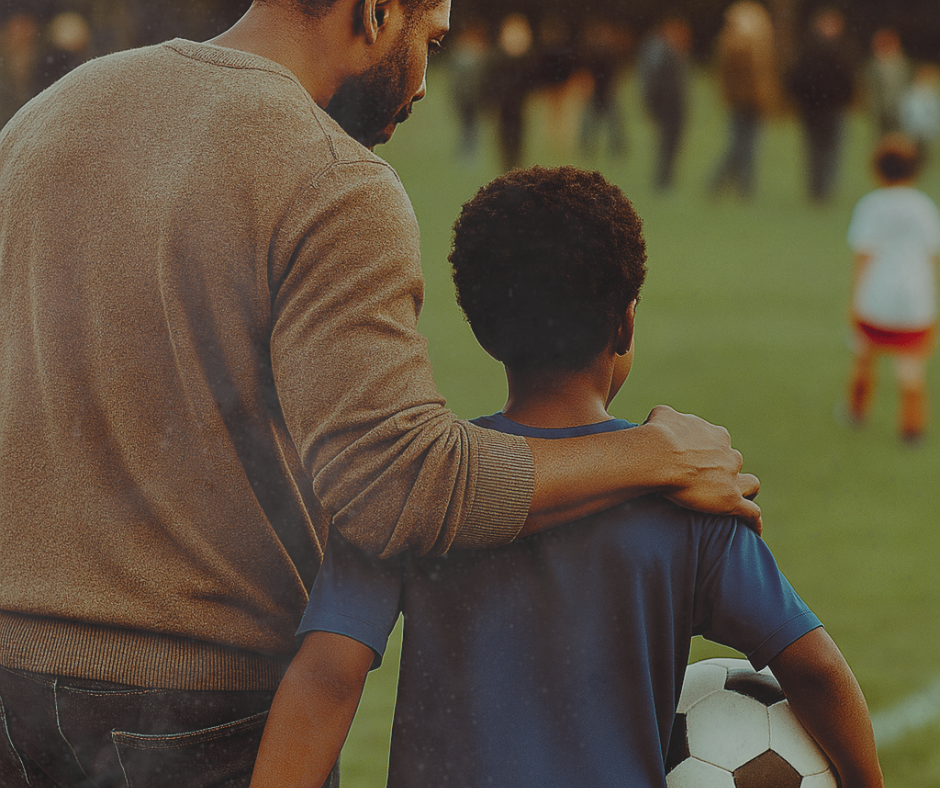Why “Good Job” Might Not Be Helping Your Athlete — And What To Say Instead
You’ve probably said it a hundred times this month.
“Good job!” after a goal.
“Good job!” after a missed shot.
“Good job!” after…well, just about anything.
We say it because we care. Because we want to encourage. Because it feels like the safest thing to say when we’re not sure what else to offer.
But according to research, those two little words—when used on repeat—may be doing more harm than good.
12- Questions Every Parent Should Ask Themselves at Their Child’s Game
The “Good Job” Trap
Stanford psychologist Carol Dweck’s work on growth mindset has shown that praise centered around fixed outcomes—like winning, scoring, or being “good”—can actually decrease motivation and resilience over time. Kids praised for outcomes tend to avoid future challenges out of fear of not measuring up. On the flip side, those praised for effort or strategy were more likely to try harder and bounce back from setbacks.
In other words, when we default to “good job,” we might be training our kids to seek approval rather than develop internal confidence or learn how to navigate failure.
Are Your Supporting or Pressuring Your Athlete? Take Our 3-Minute Quiz
Kids Know When It’s Empty
Studies from the University of Pennsylvania found that inauthentic praise—when what’s said doesn’t match reality—can backfire. Children as young as five can detect when praise is unearned. When we say “good job” after a clear mistake, a missed opportunity, or even a mediocre effort, it can confuse their sense of reality, decrease trust, and make real praise mean less.
What to Say Instead
If your goal is to help your athlete build confidence, grit, and a true love for the game, it’s time to trade “good job” for something better:
✅ Describe the effort
“I saw how hard you worked to stay focused even when the game got tough.”
✅ Notice the resilience
“You didn’t give up after that first mistake. That takes guts.”
✅ Name the behavior
“You kept cheering on your teammates even when you were on the bench. That’s leadership.”
✅ Give them ownership
“You looked proud of that pass—and you should be. You created that play.”
✅ Be present, not performative
Sometimes the most powerful support is silent: a high five, a hand on the shoulder, or just being there.
Let Your Child Own Their Story
Praise shouldn’t be a reflex. It should be a reflection—of who your child is becoming, not just what they’re doing. The goal isn’t to pump them up with empty affirmations. It’s to help them build the inner muscles that last long after the season ends.
So next time you feel “good job” rising up in your throat, pause. Look for something real. Something they can grow from. Something that tells them: I see you. Not just what you did—but who you are becoming.
Because one day, when life throws them its own version of a strikeout…
They won’t need a crowd.
They’ll have themselves.
